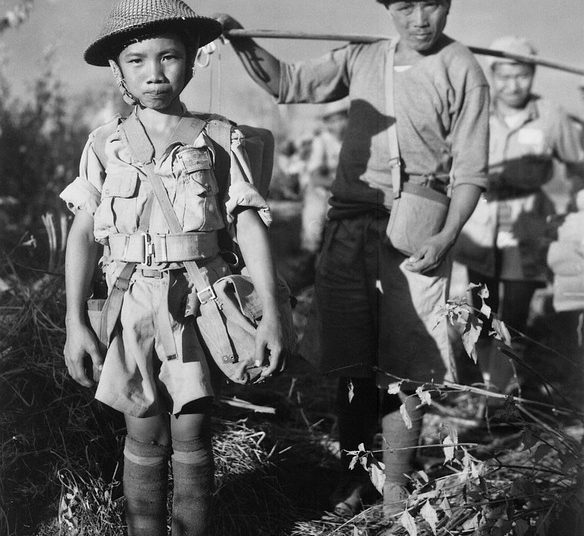The Aftermath: The Lasting Impact of World War
World War II was one of the deadliest conflicts in human history, with millions of lives lost and entire countries devastated. The aftermath of the war had a profound impact on the global landscape, shaping the world we live in today. In this article, we will explore the lasting effects of World War II and how they continue to influence our world.
The Economic Impact
One of the most immediate and visible impacts of World War II was the economic devastation it left in its wake. Entire cities were reduced to rubble, industries were destroyed, and millions of people were left homeless and displaced. The cost of rebuilding was staggering, and many countries struggled to recover from the financial burden of the war.
One of the key economic consequences of World War II was the shift in global power dynamics. The war marked the decline of European dominance and the rise of the United States and the Soviet Union as superpowers. The Marshall Plan, a massive economic aid package provided by the United States to help rebuild war-torn Europe, played a crucial role in shaping the post-war economic landscape.
The Political Impact
World War II also had a significant impact on the political landscape of the world. The war led to the establishment of the United Nations, an international organization dedicated to promoting peace and cooperation among nations. The Cold War, a period of intense rivalry between the United States and the Soviet Union, emerged as a result of the war and shaped global politics for decades to come.
The aftermath of World War II also saw the decolonization of many countries in Asia and Africa. Former colonies gained independence and formed new nations, leading to a reshaping of the world map. The war also laid the groundwork for the establishment of new international institutions, such as the World Bank and the International Monetary Fund, which continue to play a key role in global politics today.
The Social Impact
World War II had a profound impact on society, reshaping social norms and values in the aftermath of the conflict. The war brought about significant changes in gender roles, as women entered the workforce in large numbers to support the war effort. The war also led to advancements in civil rights, as African Americans and other minority groups fought for equality and recognition.
One of the most enduring legacies of World War II was the Holocaust, the systematic genocide of six million Jews by the Nazi regime. The Holocaust remains one of the darkest chapters in human history and serves as a stark reminder of the dangers of intolerance and hatred. The war also led to the establishment of the Universal Declaration of Human Rights, a document that outlines the fundamental rights and freedoms that all people should enjoy.
The Cultural Impact
World War II had a significant impact on culture and the arts, influencing everything from literature and film to music and fashion. The war inspired a wave of creativity and innovation, as artists and writers sought to make sense of the horrors they had witnessed. The war also led to the emergence of new cultural movements, such as existentialism and postmodernism, which challenged traditional norms and beliefs.
One of the most famous cultural artifacts of World War II is the atomic bomb, which was developed by the United States and used to devastating effect in the bombings of Hiroshima and Nagasaki. The atomic bomb changed the course of history and ushered in a new era of nuclear proliferation and fear. The war also gave rise to new technologies and innovations, such as radar and penicillin, which continue to impact our world today.
Conclusion
The aftermath of World War II had a profound and lasting impact on the world, shaping the global landscape in ways that continue to influence us today. From the economic devastation and political realignments to the social changes and cultural innovations, the effects of the war are still felt around the world. As we reflect on the legacy of World War II, it is important to remember the sacrifices made and the lessons learned, so that we may strive for a more peaceful and just world for future generations.












